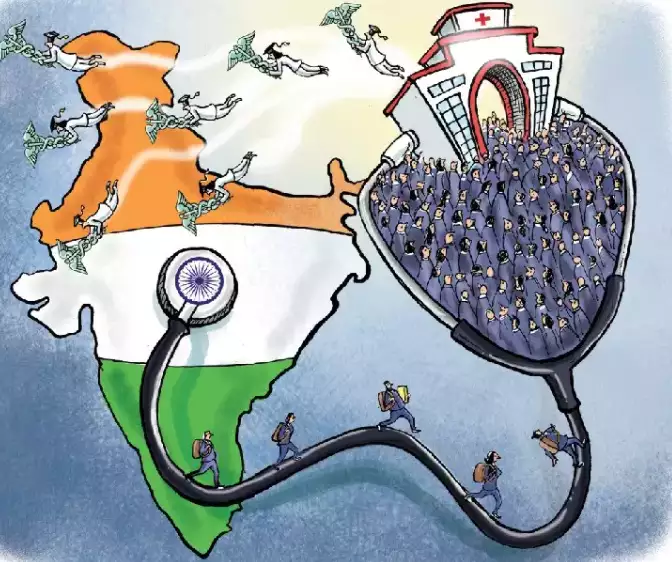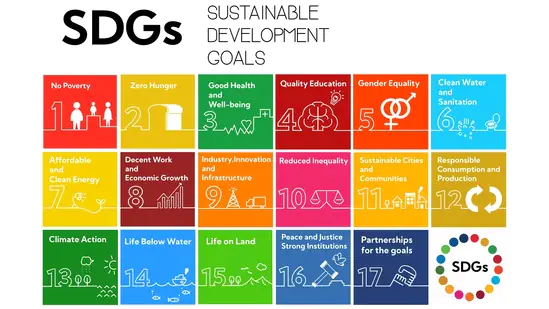
Ashwajit Singh
Founder and Managing Director, IPE Global
“Be it big enterprises or middle and small business firms, permanent employees in the formal sector or gig workers, all seek to benefit greatly from these new codes with its liberalising approach introducing a complete overhaul in industrial relations and ensuring employee well-being and the achievement of long-term business outputs. The new labour code is, thus, a welcome step, in bringing post-pandemic recovery as it sets to completely change the idea of work with a healthier, sustainable and effective policy and legal paradigm.”
The COVID-19 pandemic appears to have fuelled a long-standing need for change in India’s corporate policy-making. The corporations, what are essentially the most tangible outcomes of the post-liberalisation economic boom of the ‘90s, have now been compelled to shift the goalpost from the singular focus on the fiscal bottom-line. Out and about, the primacy to Elkington’s ‘triple-bottom line’ approach combining financial outputs with environmental and social concerns has received a renewed focus as India Inc. sets on a new road of transformation past the pandemic’s arduous experience.
With the incorporation of the entire gamut of environmental, social and governance-based (ESG) decision-making into organisational behaviour, a holistic new way of thinking has emerged after the pandemic, seeking to decrease the distance between the state, the market and the civil society in ways never before. Corporate success is no longer solely envisioned by fiscal determinants as the world continues to overcome the pandemic-led disruptions to progress made over the years. Albeit, the very definition of ‘profit’ has been overhauled by a sustainable, holistic perspective, that is now stimulating corporate giants as the hubs of change and concern for the society in its entirety.























